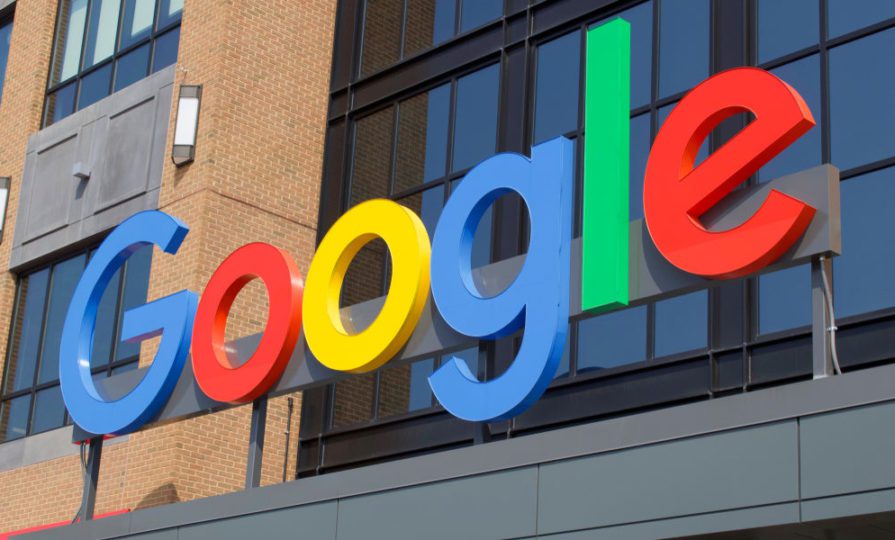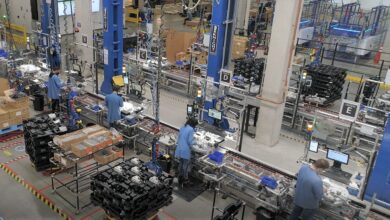AnalysisBusiness Bites
The trillion-dollar club has gained Google as a member

Remember at school when teachers used to explain how one million was an essentially incomprehensibly large number? I recall one of mine showing the number represented on a huge rolled out piece of paper as wide and long as a carpet, with precisely one million individual dots.
You'll need to
subscribe to unlock this content. Already subscribed? Login?





